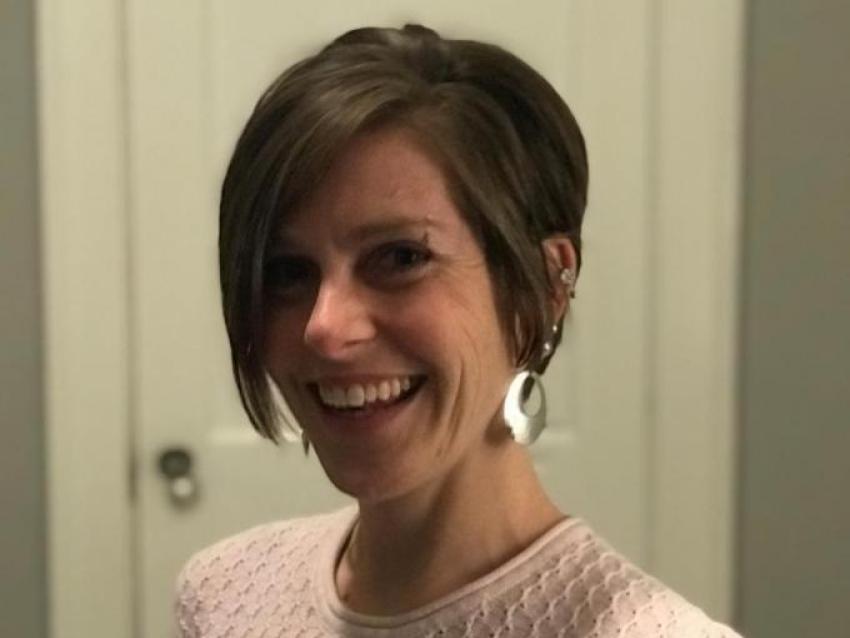
Faculty Mentor of the Week Rachel Farr College of Arts and Sciences, Psychology
Dr. Rachel Farr is an Assistant Professor of Psychology in the College of Arts and Sciences. Dr. Farr's research interests include child development, family functioning, LGBTQ+ parent families, adoption and birth family experiences, mixed methods, and intersectionality of identities. As stated on her website, "In directing the FAD (Families, Adoption, and Diversity) Lab here at UK as part of the Developmental Psychology area, I conduct mixed method (i.e., quantitative and qualitative) research related to diverse family systems and issues of adoption through the lenses of Developmental and Community Psychology, with particular interest in child development, parent, family functioning, and intersectionality of identities. I primarily study adoptive families and families headed by LGBTQ+ parents. I'm also interested in how issues of race (e.g. transracial adoption), gender, and birth family contact are relevant in adoptive families." Dr. Farr currently has four ongoing key research projects that include The Contemporary Adoptive Families Study (CAFS), Stories & Experiences of LGBTQ+ Families from Youth (SELFY), The Birth Family Project, and Children's Attitudes about Diversity (CAD) Project, as well as other not listed.
This year Dr. Farr has mentored 12 undergraduate research assistants and includes them in every stage and aspect of the research process in her lab - from project design, literature searches and IRB protocols to participant recruitment, data collections, data cleaning, and quantitative and qualitative data analyses to interview transcriptions, and writing up and presenting results. One of Dr. Farr's mentees noted, "Dr. Farr always goes above and beyond for her students to ensure that we are knowledgeable in research connecting to our coursework, are developing strong research skills, and are prepared for future career goals. She makes mentoring and career preparation a key aspect of our lab. She genuinely cares about all of her students and has helped to develop a safe space for research and personal growth." Students work both individually and in small and large teams. Dr. Farr highly values a strong mentoring model in her lab and explains that "we all benefit from learning from each others' skills and experiences; students receive mentoring from one another, from graduate students, and from me in the lab." Dr. Farr looks for prospective mentees who are strong students and "showcase solid interpersonal and organizational skills" with a genuine curiosity and interest in the topics her lab studies from a developmental psychology perspective.
When asked what she enjoys most about being a mentor, Dr. Farr replied, "I love watching students on the brink of a discovery or learn about a new phenomenon. My research mentoring is inspired when I see students engage together in intelligent, creative, and productive dialogue about research findings and their importance in the world." Dr. Farr's personal undergraduate research experience helped to inspire her own career and mentoring style, "I was involved in conducting research from the time I was a first-year student during my college years. I loved the idea of being able to pursue questions of interest from places of curiosity and endeavoring toward discovery collaboratively with a research team."
For a student who might be considering undergraduate research, Dr. Farr offers the following words of advice, "Try it! Explore different research labs that allow you to delve into different topics of interest and methods of study. College is time for exploration, for figuring out more about who you are, what sets you on fire, and what is going to be a meaningful and productive vocation for you in the long range." Dr. Farr also encourages students to take relevant coursework, pursue research and internship or other relevant extracurricular opportunities, talk to those who are currently in the field (professors, practitioners, grad students). Ask questions, explore, and enjoy!
Thank you Dr. Rachel Farr for your unwavering support of undergraduate research at the University of Kentucky. We are pleased to recognize your dedication this week as our Research Faculty Mentor of the Week.